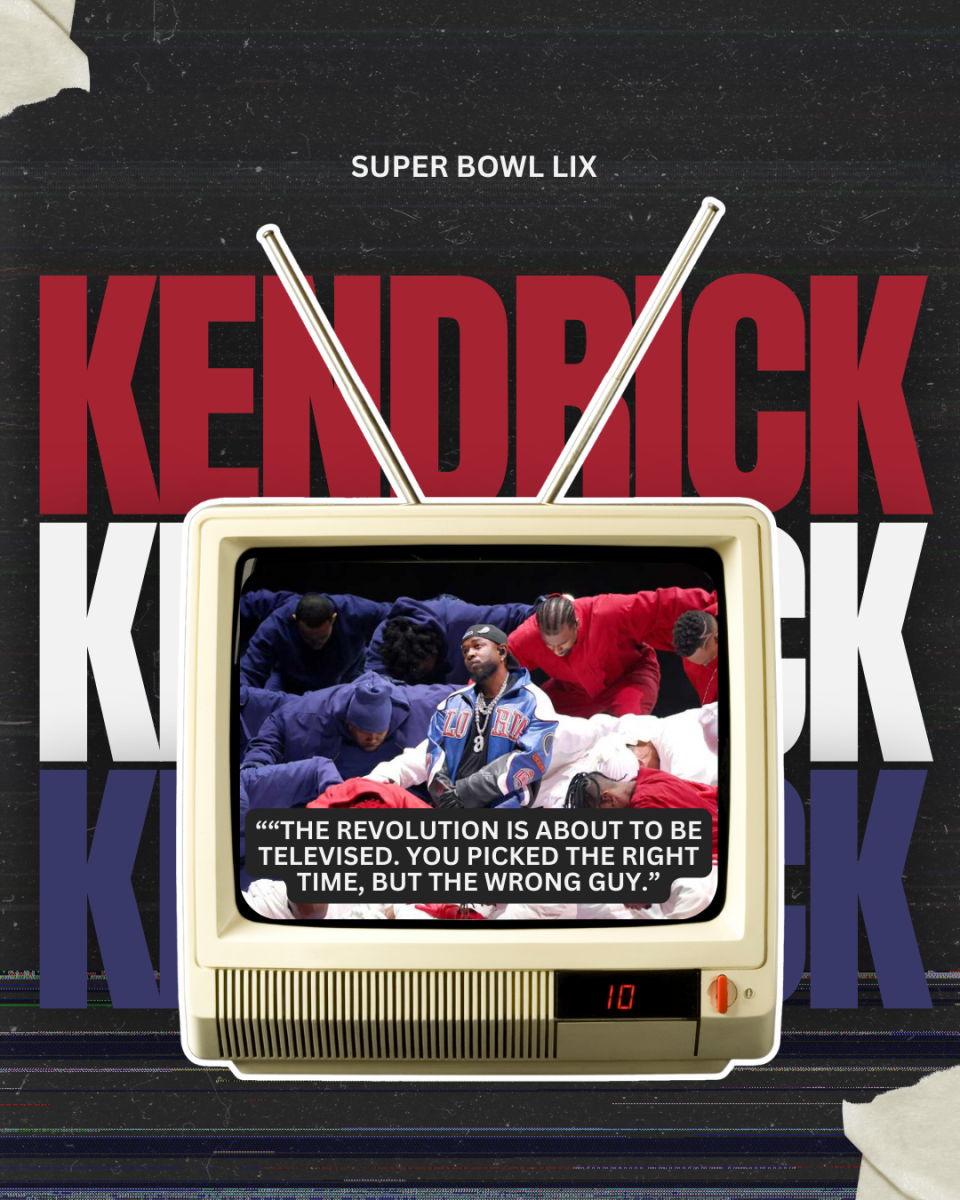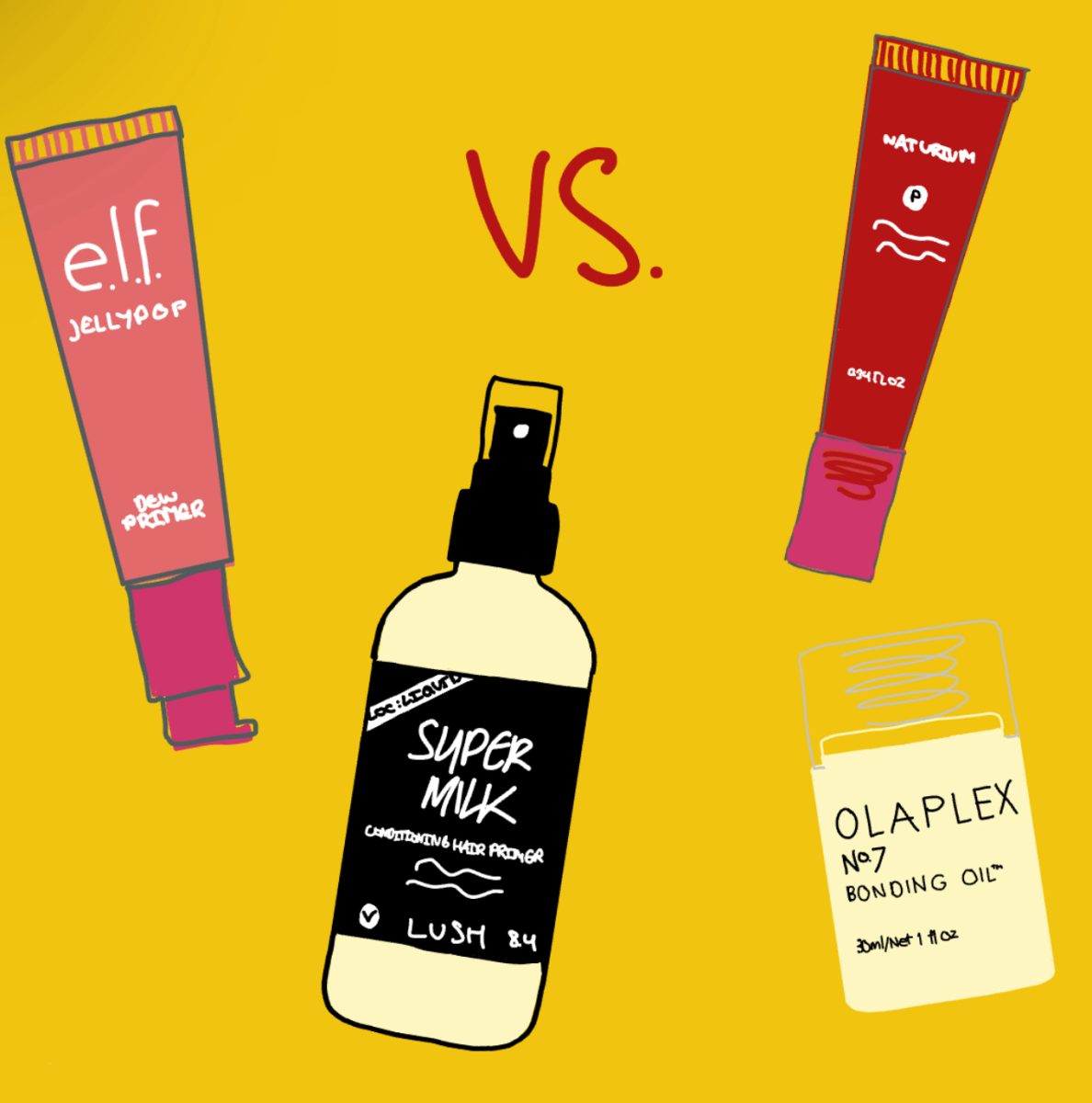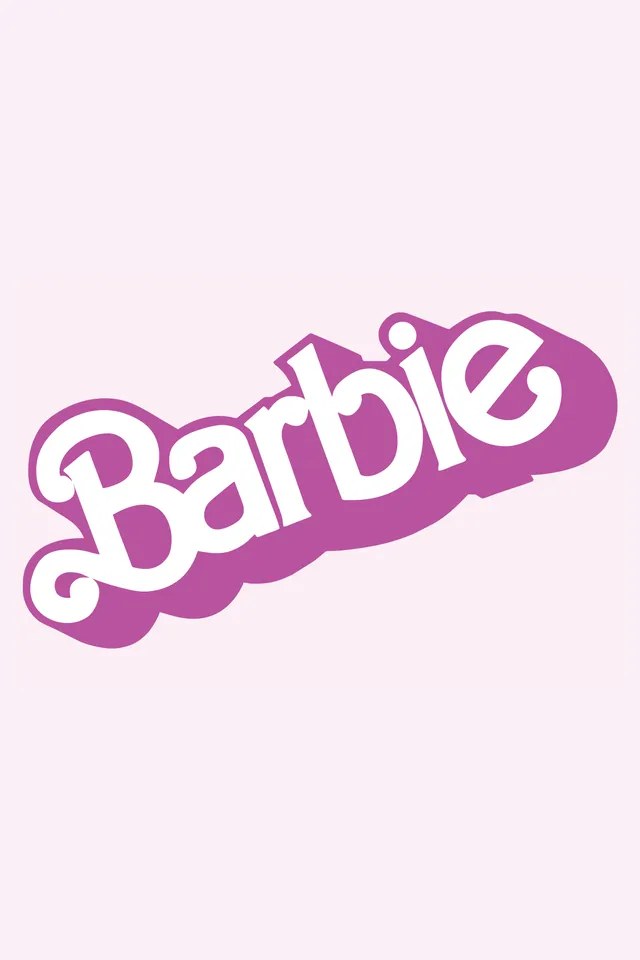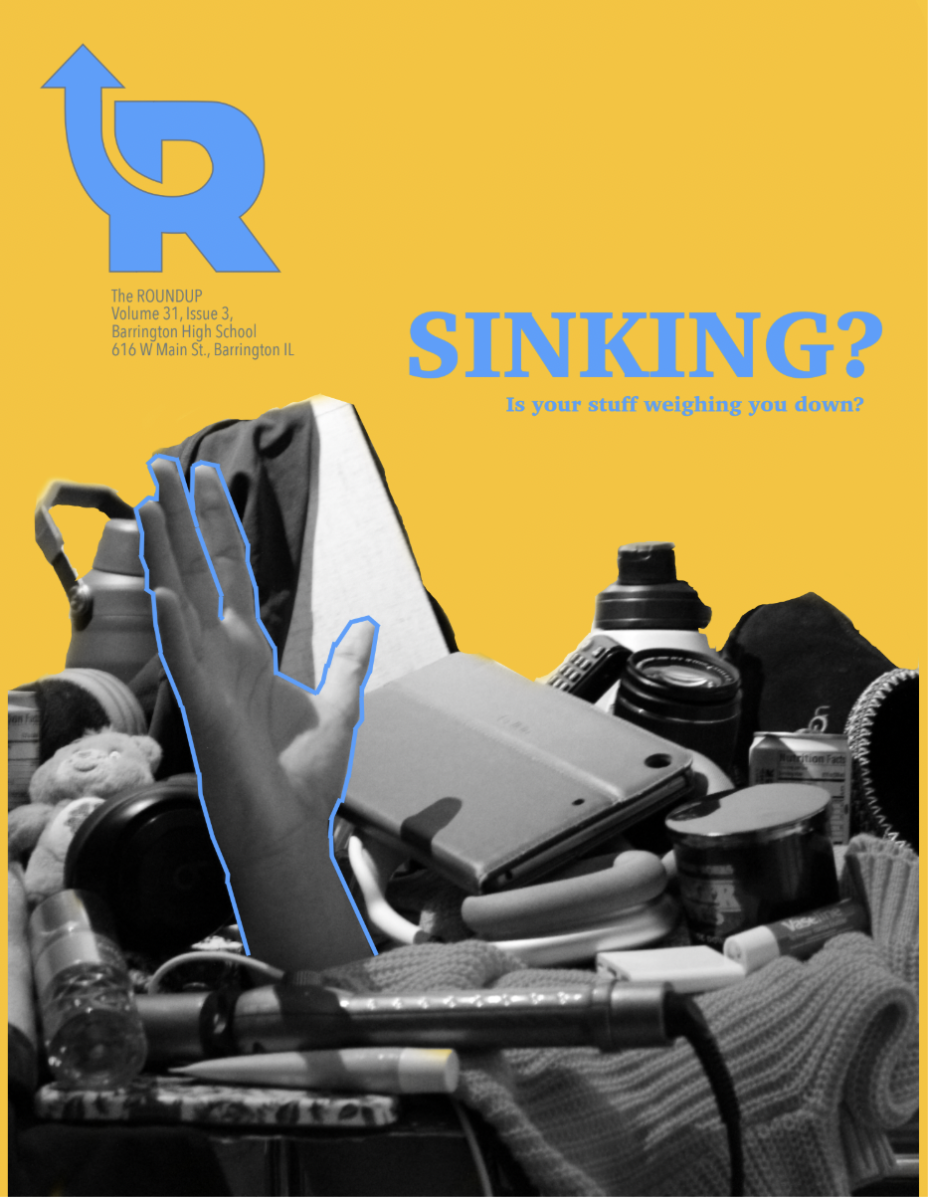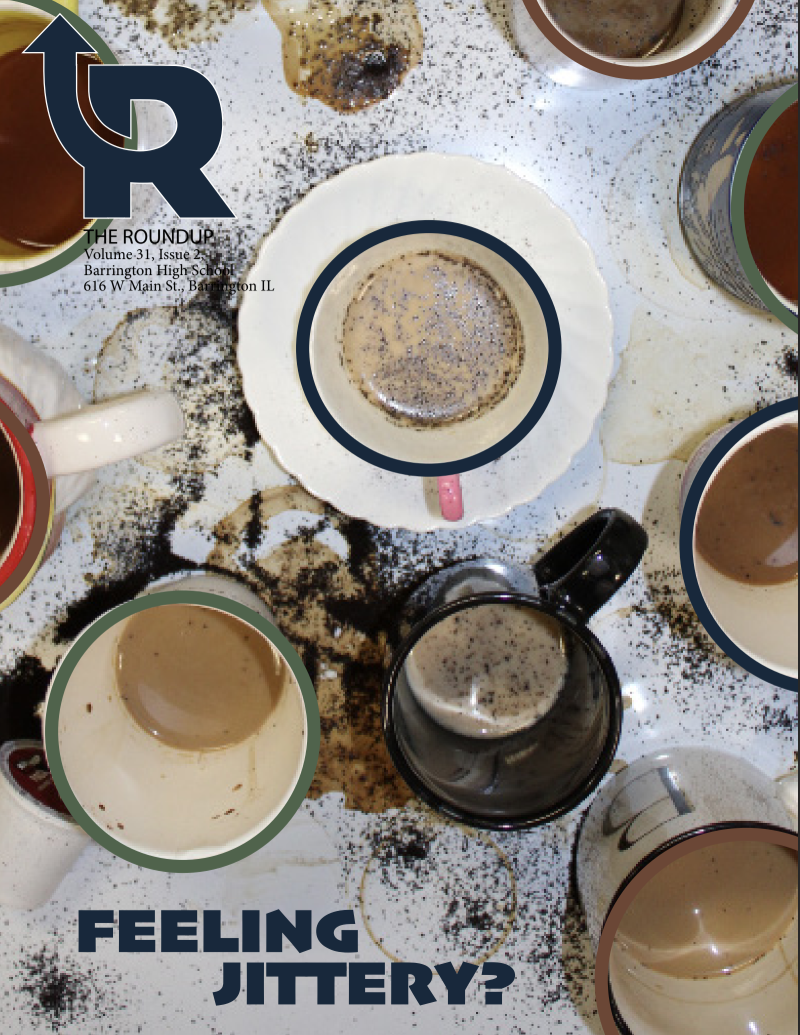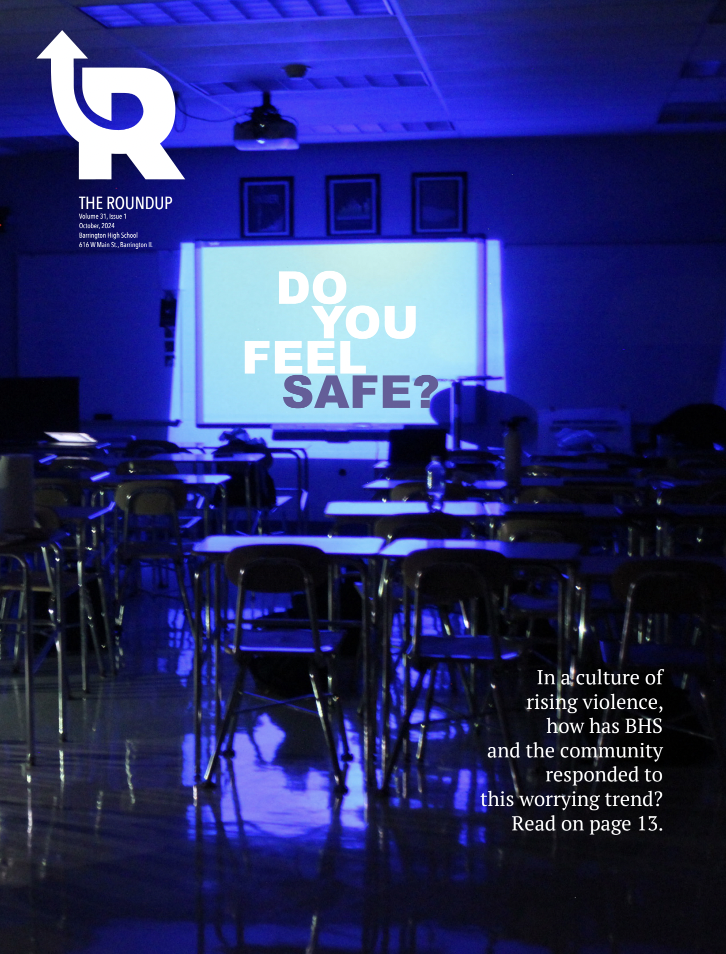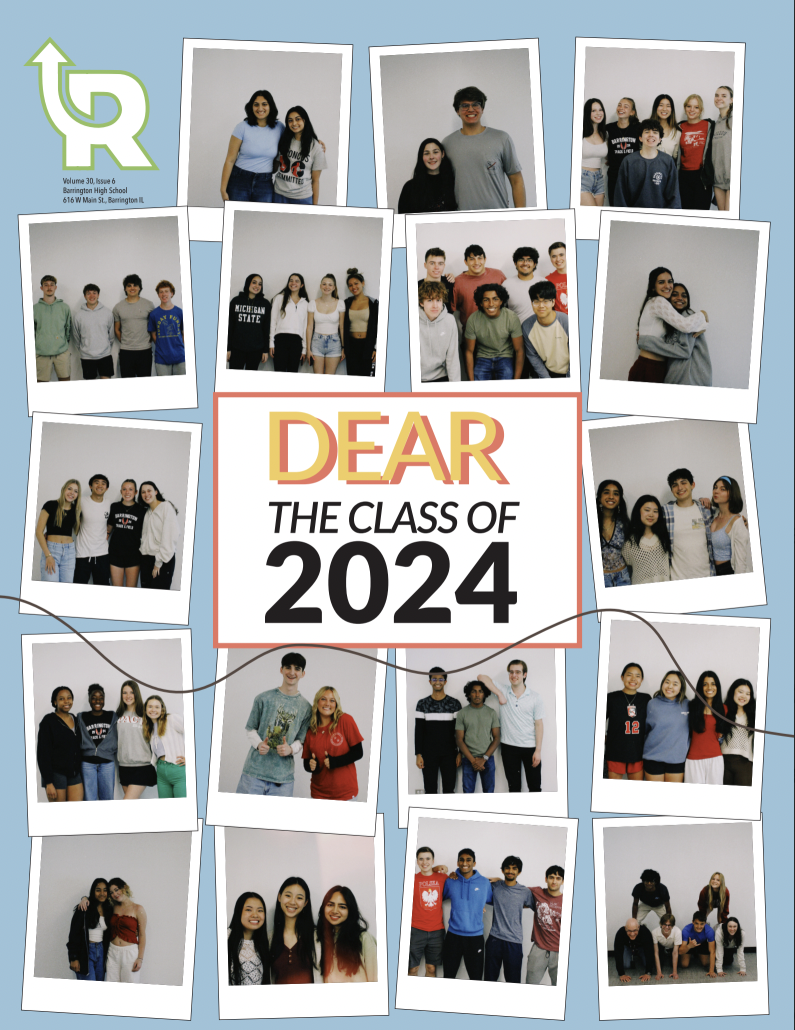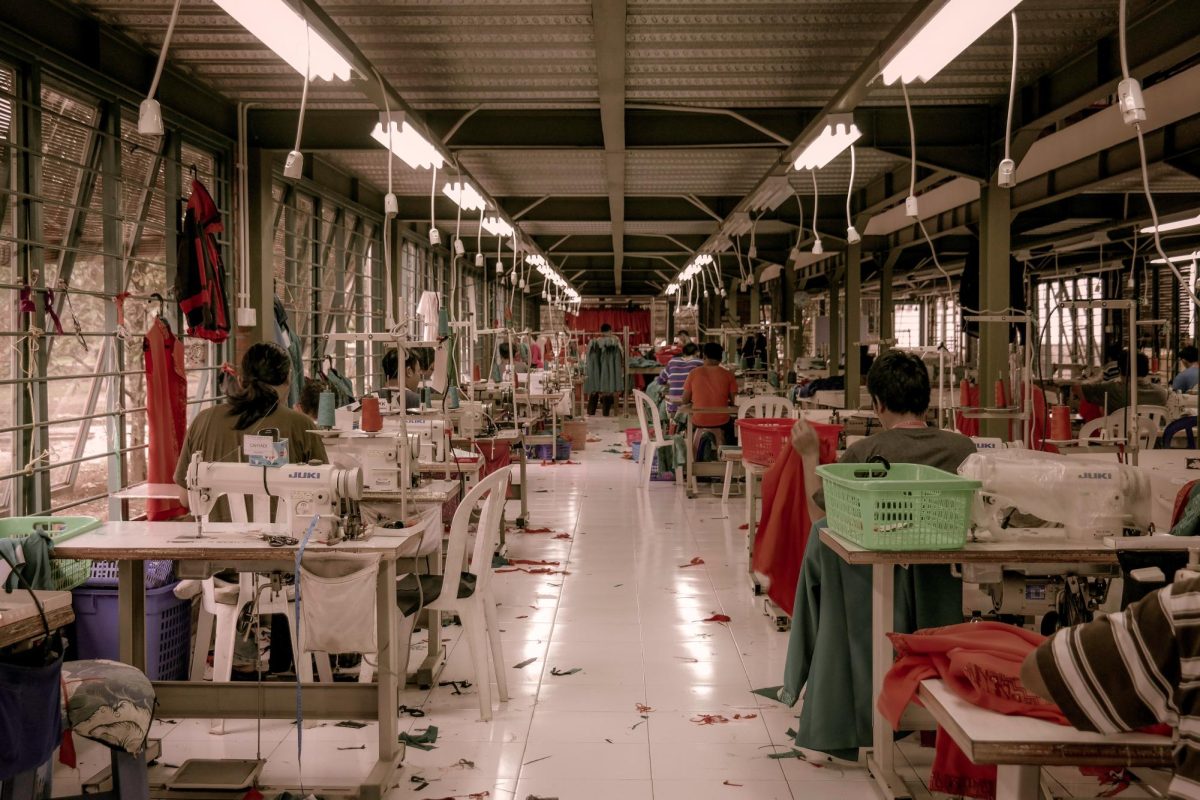In the tapestry of online culture, interwoven with reliance on consumerism, our closets expand to match the pace of social media trends. TikTok and Instagram continue to breed new microtrends, changing the face of fashion at a rapid pace—an insatiability that can only be matched by low-quality Chinese products. Quantity over quality seems to define our wardrobes, and the demand for cheap and quickly made clothing items only continues to grow, but at what cost?
The allure of fast fashion has never been a mystery; advertisements and social media manufacture trends to keep consumers buying, a fact that binds us to a cycle of consumption and waste. In a survey conducted on BHS students, over 52% of polled students reported purchasing from fast fashion brands in the past year. In order to stay in the style race, we are forced to maintain the rapid pace that style seems to be evolving at — disregarding the potential effects on environmental degradation and ethical dilemmas.
The current fashion climate has evolved to be the second largest polluter in the world, with brands like Shein and H&M leading the onslaught of cheaply manufactured, quickly discarded apparel that is in such high demand. The diminished value of our clothing makes them impossible to maintain for long periods of time, with baby tees and denim skirts falling apart in only a few washes. According to Time, Shein produced over 6.3 million tons of carbon dioxide emissions in 2022 alone, with the fast fashion industry accounting for more than 10 percent of all carbon emissions. Greenwashing only contributes to the problem, effectively slapping a ‘sustainable’ label on brand items without actually changing their production or manufacturing process. Regardless, these concerns come second to the need to keep up with growing trends in fashion, something Gen-Z is entirely guilty of.
Poor business practices and exploitation are commonplace in the fast fashion industry, with outsourced labor under a lack of regulation taking center stage. Workers at factories in China continue to be paid pennies for their labor, with pay as little as 4,000 Yuan a month (approximately $556 USD), as reported by Business Insider. Long working hours and mistreatment define the industry, all in the interest to produce as fast and as much as possible. This ethical quandary leaves us questioning the true cost of our clothing—not just in dollars or cents.
But what can we do? As social media consumers, it is fully within our grasp to rewrite the narrative, just as fast fashion has redefined the fashion industry in the past. As we grow into adulthood, we are in the prime position to champion sustainability efforts, to choose quality and ethics over expenditure. In doing so, we are also cultivating a celebration of personal style over blind trend following.
Our voices have the power to change the fashion market. The fabric of our environment and future relies on our choices—let’s not let it rip at the seams.





































